Nothing is there to come, and nothing past, But an eternal now does always last
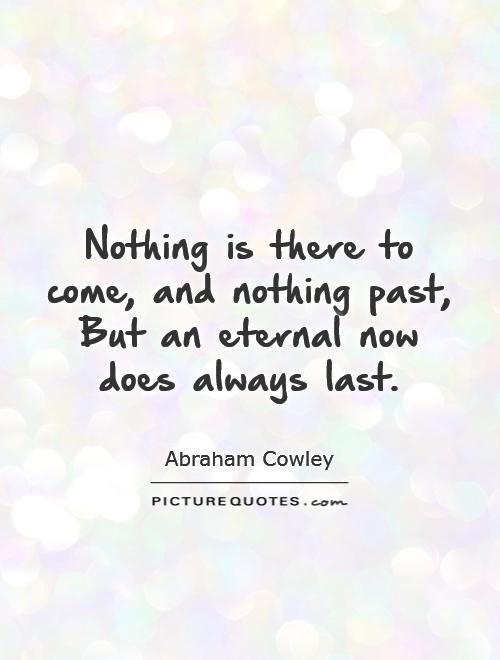
Nothing is there to come, and nothing past, But an eternal now does always last
Abraham Cowley, a prominent English poet of the 17th century, was known for his profound and philosophical reflections on the nature of time and existence. In his poem "The Motto," Cowley explores the concept of eternity and the eternal present moment. The lines "Nothing is there to come, and nothing past, But an eternal now does always last" encapsulate Cowley's belief in the timeless nature of the present moment.Cowley suggests that the past and the future are merely illusions, as they do not truly exist in the same way that the present moment does. He argues that the only reality is the eternal now, which is constantly unfolding and always present. This idea of the eternal now challenges conventional notions of time as a linear progression from past to future, and instead posits that time is a continuous and unchanging present moment.
Cowley's concept of the eternal now has profound implications for how we understand our own existence. By emphasizing the importance of living in the present moment, Cowley encourages us to let go of regrets about the past and anxieties about the future, and instead focus on experiencing and appreciating the present moment in all its richness and complexity.
Furthermore, Cowley's idea of the eternal now suggests a sense of timelessness and eternity that transcends the limitations of human perception. In this eternal now, all moments coexist simultaneously, blurring the boundaries between past, present, and future. This concept challenges our understanding of time as a linear and finite construct, and instead invites us to consider the possibility of a timeless and eternal reality beyond our comprehension.

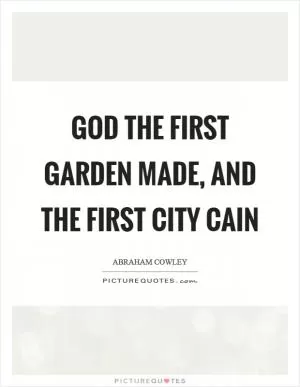

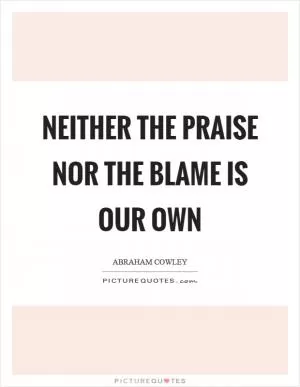


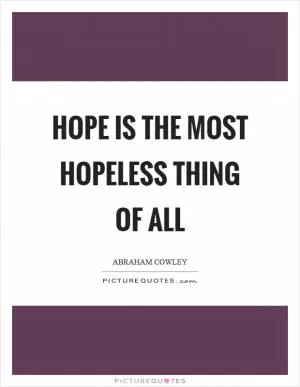

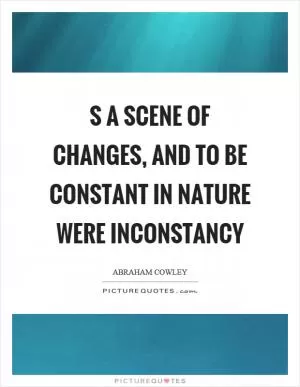
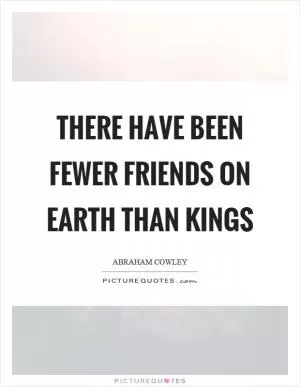

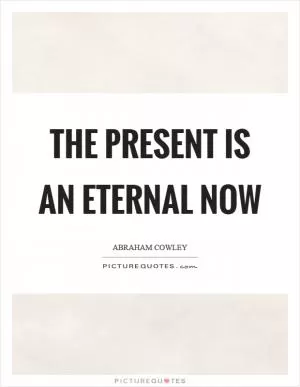
 Friendship Quotes
Friendship Quotes Love Quotes
Love Quotes Life Quotes
Life Quotes Funny Quotes
Funny Quotes Motivational Quotes
Motivational Quotes Inspirational Quotes
Inspirational Quotes